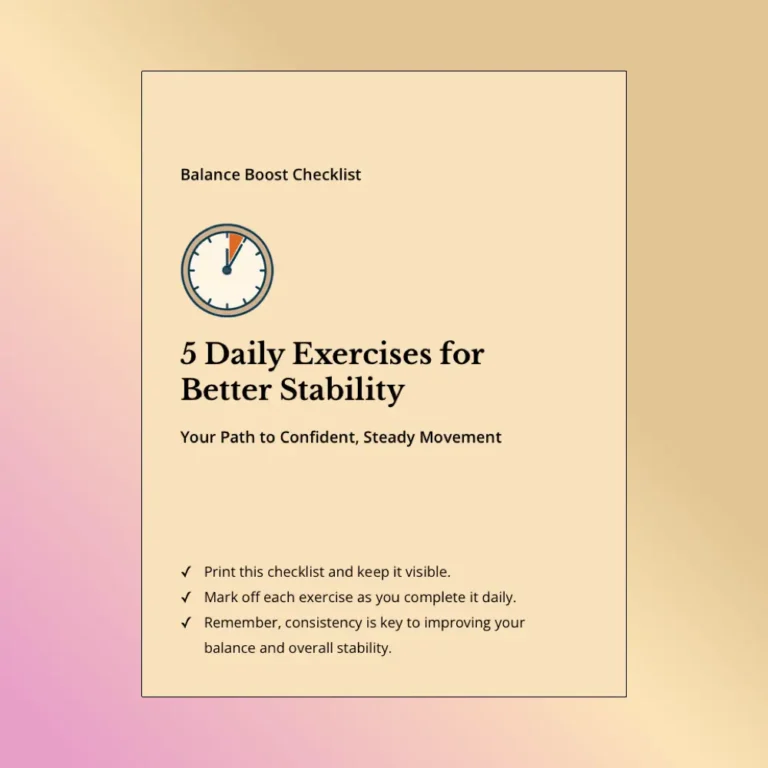
Highlights

As we age, keeping our minds sharp becomes just as important as maintaining physical health. What many seniors don’t realize is that the foods on their plate directly impact how well their brains function. The role of nutrition in brain health cannot be overstated, particularly for older adults. A well-balanced diet packed with brain-supporting nutrients can improve memory, sharpen thinking skills, and help fight off the cognitive decline associated with aging. Let’s explore how nutrition and brain health are connected in our later years and discover practical ways to eat for a healthier brain.
Brain nutrition is about choosing foods that support your brain’s health and function. It’s not just about calories or portion sizes; it’s about consuming nutrients that work together to protect brain cells, reduce inflammation and support brain cell function, and strengthen the connections between neurons. Research continues to show that diet affects cognitive health just as much as it affects our waistlines. Proper nutrition plays a crucial role in maintaining cognitive health as we age.
The brain requires a steady supply of nutrients to function optimally. Take omega-3 fatty acids, for example—these nutrients are fundamental building blocks for brain cell membranes and help promote neurogenesis (the creation of new brain cells). Antioxidants found in colorful fruits and vegetables help protect the brain from damage by fighting harmful free radicals that can damage brain tissue. When we understand these connections between food and brain function, we can make smarter dietary choices that support our cognitive function in older adults.
Often called “memory food,” omega-3 fatty acids are crucial for brain health. You’ll find them primarily in fatty fish like salmon, mackerel, and sardines, as well as in plant sources like flaxseeds and walnuts. Research shows that people who eat omega-3-rich diets tend to have better memory and cognitive function and may even have a lower risk of cognitive impairment. Adding these anti-inflammatory foods for seniors to your weekly menu can make a real difference in how your brain functions.
Antioxidants act like bodyguards for your brain cells, protecting them from oxidative stress. Some top antioxidant-rich foods include:
Several key vitamins and minerals play important roles in keeping your brain healthy:
The MIND diet combines the best aspects of the Mediterranean and DASH diets, specifically targeting foods that support brain health. MIND stands for Mediterranean-DASH Intervention for Neurodegenerative Delay. This eating approach isn’t just a random collection of healthy foods—it’s backed by research showing it may help slow cognitive decline and reduce Alzheimer’s risk. The role of nutrition in brain health is clearly demonstrated through this specialized dietary approach.
To follow the MIND diet, try to include these brain foods regularly:
The MIND diet also recommends limiting:
Studies have consistently shown that following the MIND diet can reduce the risk of cognitive decline and slow brain aging. Research from the University of North Texas Health Science Center found that people who stuck closely to the MIND diet experienced slower rates of cognitive decline compared to those who didn’t follow the diet. Better nutrition can lead to better brain health and potentially delay brain aging.
Certain foods seem to have extra brain-boosting power for promoting brain health. Here are some standouts:
Creating brain-healthy meals doesn’t have to be complicated. Here are some simple ideas for healthy meals that can lead to better brain health:
We often forget about water when discussing nutrition and brain health, but staying hydrated is absolutely critical for normal brain function. Even mild dehydration can cause memory loss, confusion, and poor cognitive performance, which can be especially problematic for seniors. While individual needs vary, aiming for 8-10 cups of fluid daily is a good general guideline for maintaining brain health in seniors.
You don’t have to rely solely on drinking water to stay hydrated. Many foods can help too:
For more information on this important topic, check out our hydration tips for elderly resource that provides valuable information about nutrition and hydration strategies for optimal brain function.
Creating brain-healthy meals doesn’t need to be overwhelming. Start by focusing on whole, unprocessed foods. Include plenty of plant-based foods, vegetables, fruits, whole grains, and lean proteins in your weekly meal plan. Preparing meals ahead of time can help you avoid reaching for less healthy options when you’re tired or hungry. Better nutrition through healthy eating can significantly impact overall brain health.
Here’s a simple shopping list of the best foods to get you started:
How you prepare food matters almost as much as what you eat. Try these cooking methods to preserve nutrients essential for brain health:
Senior living communities often provide resources and meal options that focus on nutrition for brain health. If you’re looking for additional ways to incorporate brain-healthy foods, consider trying nutritional smoothies for elderly as an easy way to consume multiple nutrients for brain health in one delicious serving.
What is the MIND diet? The MIND diet combines elements from the Mediterranean and DASH diets, focusing specifically on foods that protect the brain from damage. It provides clear guidelines about which foods can help protect brain cells and which to limit, making it easier to follow than some other diets.
Why are omega-3 fatty acids important? Omega-3 fatty acids are essential for brain health because they help build brain cell membranes and support communication between neurons. They play a key role in cognitive function and may help reduce the risk of cognitive impairment. Since our bodies can’t produce these healthy fats, we need to get them from our diet.
What are some antioxidant food sources? Antioxidant-rich foods include berries (especially blueberries), dark chocolate, nuts, and green leafy vegetables. These foods help protect brain cells from oxidative stress and inflammation, which can damage brain cells over time.
How quickly will I notice changes after improving my diet? While some people report feeling mentally sharper within weeks of improving their diet and nutrition, the most significant benefits come from consistent healthy eating over months and years. Brain health is a marathon, not a sprint.
Can I still enjoy my favorite foods while following a brain-healthy diet? Absolutely! The key is moderation. Most brain-healthy eating patterns, including the MIND diet, allow for occasional treats. It’s your overall eating pattern that matters most, not individual meals or snacks.
What we eat directly impacts how well our brains function, especially as we age. By focusing on foods rich in omega-3 fatty acids, antioxidants, and essential vitamins, seniors can actively support their cognitive health and overall health and wellness. The MIND diet offers a straightforward approach to brain-healthy eating, emphasizing whole foods that nourish both body and mind.
Remember that small changes can lead to big improvements. You don’t need to overhaul your entire diet and nutrition overnight. Start by adding a serving of leafy greens, swapping in some fatty fish, or including more colorful berries in your meals. Each healthy choice is a step toward better brain health.
Are you ready to make some changes to your eating habits? Which brain-healthy foods do you already enjoy, and which new ones might you try? Consider keeping a food journal to track how different foods affect your energy and mental clarity.
For more comprehensive information about senior nutrition and cognitive health, visit Food for the Brain, which offers extensive resources on how nutrition can lead to maintaining cognitive health throughout the aging process.
